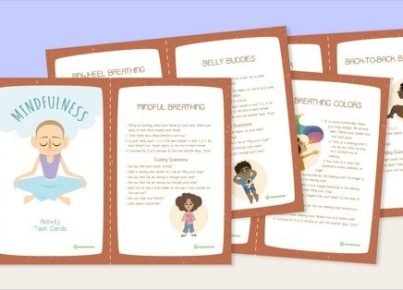Introduction
Administering medications to children can be a challenging task for parents, especially when it involves infants and toddlers. This article provides a comprehensive guide for parents, focusing on safety aspects and practical tips for giving medicines to children effectively.
1. Check the Prescription
Before administering any medication to your child, it is essential to thoroughly check the prescription provided by the healthcare professional. Ensure you understand the dosage, route of administration, frequency, and duration of the treatment.
2. Use Age-Appropriate Medication
Always use medicines specifically formulated for children as they may have modified strengths and less reported side effects than adult formulations. It is crucial not to give adult medications unless specifically instructed by a healthcare professional.
3. Read and Follow Instructions Carefully
Read the medication’s label and accompanying instructions carefully, paying attention to any specific warnings or precautions. Accurate dosing is of utmost importance – always use the measuring device provided with the liquid medication or invest in a medical-grade measuring device.
4. Be Mindful of Flavors
Certain medications can have an unpleasant taste, making it difficult for children to swallow them. Parents can explore flavored versions of the medicine or disguise it with a palatable food item after consulting with a healthcare professional.
5. Consider Allergies
Always inform your child’s healthcare professional about any known allergies before they prescribe a medication. Read medication labels carefully to identify potential allergens in its composition and avoid giving these medications to your child.
6. Comfort and Support Your Child
While administering medication, help your child feel comfortable by explaining what you are doing in simple terms and ensuring they are in a relaxed position. Offer reassurance and comfort before, during and after giving medicine.
7.Query Your Healthcare Professional
Do not hesitate to seek advice from the relevant healthcare professional if you have any doubts or concerns about your child’s medication. They can provide valuable guidance on dosage adjustments, alternative medicines, and address any concerns you may have.
8.Monitor and Document Effects
Keep a record of your child’s medication schedule, including dates, times, dosages, and any observed side effects. This information can be helpful while discussing your child’s progress and health with healthcare professionals.
9. Store Medications Safely
Always store medications in a cool, dry place away from direct sunlight and out of reach of children. Child-proof containers are designed to restrict access to medications but should not be relied upon solely; proper storage habits are crucial for preventing accidental ingestion.
Conclusion
Administering medication to children may seem daunting initially, but by following the guidelines mentioned above, parents can ensure a safe and effective treatment process for their children. Always consult with your pediatrician for tailored advice and follow their recommendations diligently.





